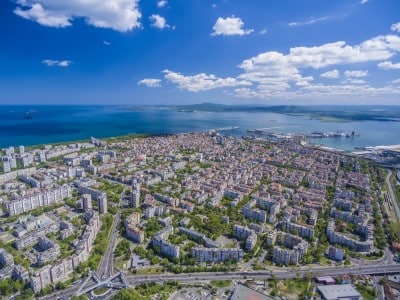
Only Sofia attracts more new citizens than Burgas in Bulgaria. This is according to official data from the National Statistical Institute, which were shared on the official Facebook page of Mayor Dimitar Nikolov.
In a few days, the post gathered nearly 6,000 reactions, 300 shares and as many comments, which turned out to be quite mixed, despite the seemingly positive news. While many people took the dry statistics as a positive assessment of the city’s development in recent years and the improvement in living standards, many others raised a number of critical questions that remain unanswered.
One of the main criticisms relates to another official statistic – that of average wages, in which Burgas consistently lags behind. It is pointed out that the economic development of the city is too weak, there is a lack of industry and production, and at the same time life is too expensive. According to the people, at the moment the only focus is on tourism, trade and services, which creates a deceptively attractive image for outside observers, but the locals are familiar with the reality, which is very different. They give the example of cities such as Stara Zagora and Plovdiv, which in recent years have developed a strong economy, industrial zones and manufacturing, which has also led to higher wages for people there.
The comments also pay serious attention to ecology. Many Burgas residents point to the problem of street cleanliness and the infrequent removal of garbage containers, which is not only a source of unpleasant smells and sights, but also further stimulates the already out-of-control population of gharrusas and stray cats. What is even more worrying is that the odour problem comes not only from overflowing rubbish bins, but also from the so-called ‘gassing’ of the city, which has become a daily occurrence, especially in recent months, and to date no one has figured out what the source of this smell is.
Many commentators also remind that Burgas is also seriously affected by the demographic crisis, and the new citizens in question are mostly Ukrainians and Russians.
All this shows that Burgas residents expect to see not only positive news in the statistics, but also concrete actions that will be reflected in their daily lives – higher wages, a cleaner environment and a more secure economic future. For Burgas to be not only attractive to newcomers, but also comfortable to live in for its long-time residents, it is necessary for the local government to meet their expectations and find solutions to long-standing problems.
A major problem is that local governments often settle for superficial measures and short-term solutions that do not reflect the real needs of Burgas residents. In this way, a deceptive reality is created and Burgas looks to many like a beautiful red apple that is rotten and red inside. In order to win the trust of the public, the local government must not only respond to criticism, but also commit to long-term development plans that include the participation of local residents in the decision-making process.


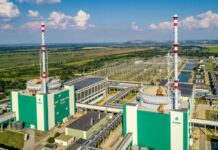
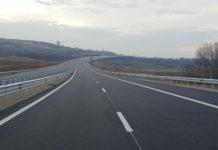

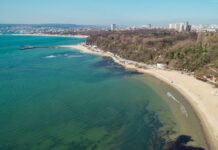
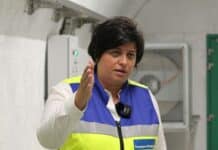



[…] Statistics versus reality: what is the true assessment of citizens about life in Burgas? […]